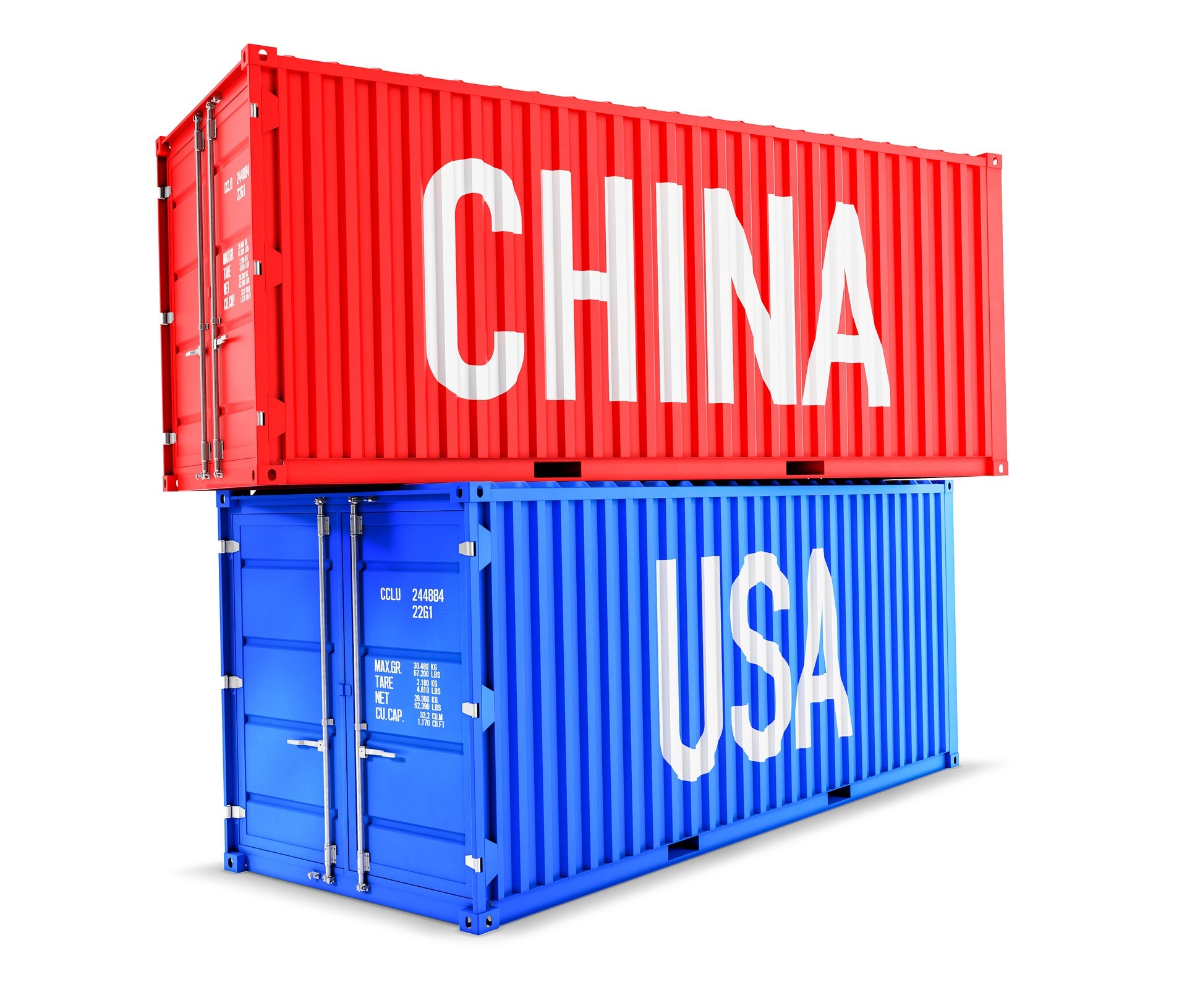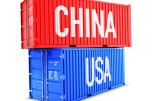Ostrum AM: China has sparked hostilities over Trump's trade policy
Ostrum AM: China has sparked hostilities over Trump's trade policy

Donald Trump's tariff policy was expected to increase inflation slightly, and this is the case, even if it is not spectacular. The price of imported goods is 6.5% above the trend up until the implementation of Trump's policy.
The US economy is robust, but as Jason Furman, a former advisor to Barack Obama, points out, AI plays a large role. It explains 92% of the first-half growth. Without it, GDP would have grown by only 0.1%.
This seems consistent with the analysis of Moody's chief economist Mark Zandi, who estimates that half of all US states are in recession. In fact, either your state is AI-enabled or it isn't.
The American economy is probably not as robust as imagined. By giving itself the means to say no to Washington, the Chinese response will disrupt America and its economic outlook.
At the end of last week, Beijing intended to control exports of rare earths and at the same time, it was decided to hunt down imports, sometimes under the counter, of American chips, particularly Nvidia semiconductors.
Trump's response, with tariffs 100% higher than those already in place, is a response of helplessness, as the United States cannot do without many Chinese products. We saw this last spring when the 145% border tax was reduced to 30% under pressure from US companies.
The Chinese advances are penalizing the tech and military industries in the United States. What's new is the shortage this could cause across the Atlantic.
It is no longer a question of price but of a break in the value chain.
This is not comparable, and the consequences for American industry could be much greater than the mere implementation of customs duties.
Why now?
Until now, Beijing had been dependent on the US for helium. In 2022, China was nearly 95% dependent on US helium imports. However, this gas has many virtues at all levels of the technological value chain. China was trapped. Now, its dependence is less than 5%, which gives them the power to say no.
China is gaining on many levels in terms of independence, semiconductors, energy, telecoms, etc., limiting Washington's ability to react.
The Middle Kingdom already controls a good portion of disruptive technologies (57 out of 64 according to the count cited by David Autor in the NY Times of July 14). It advances an additional pawn since it forces the Americans to have to do otherwise if they no longer have as many rare earths, a market dominated by two-thirds by China.
The trap is closing in on the United States, but the worst is yet to come.





